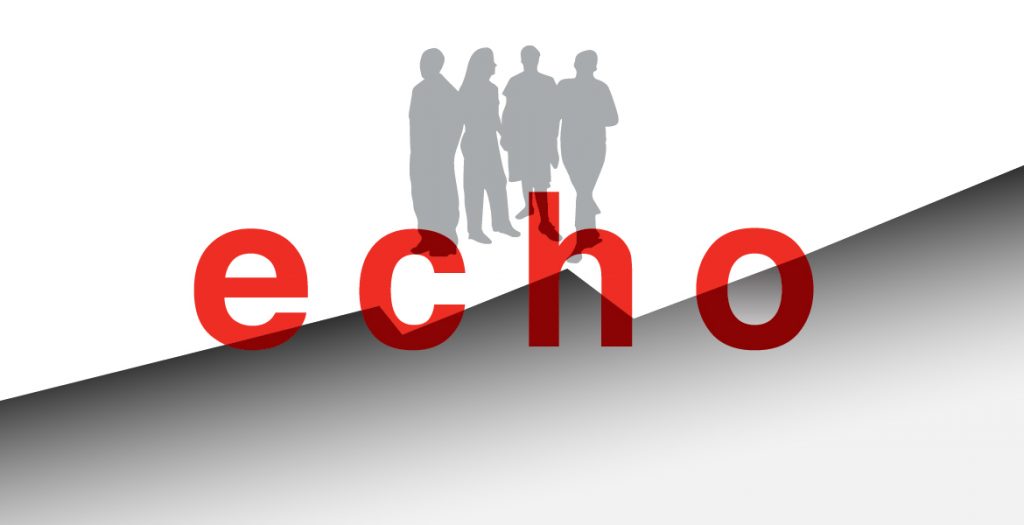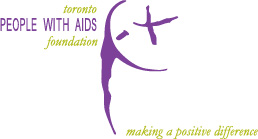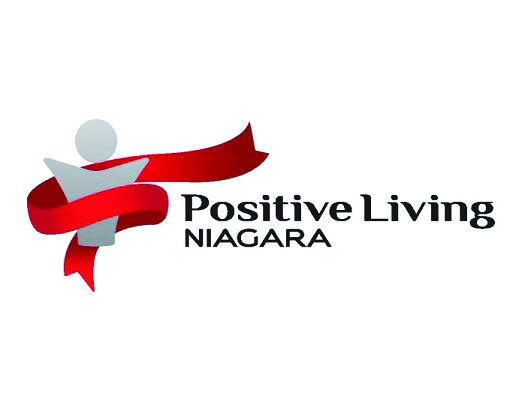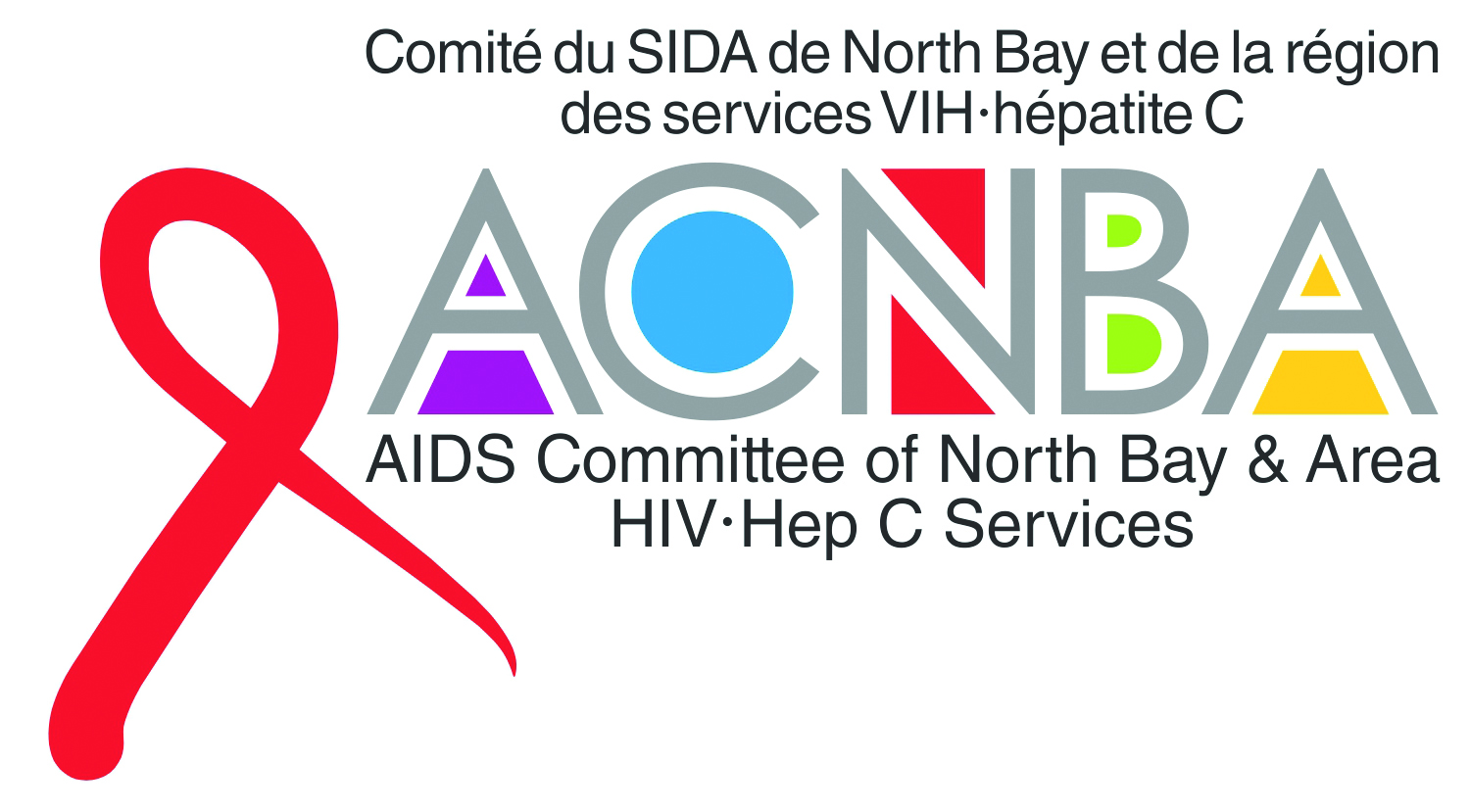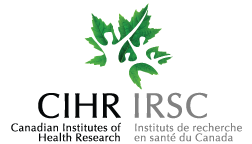Funded by CIHR, this longitudinal community-based research study followed 540 HIV-positive people for two years, tracking their responses to a series of questions about their employment status and health. ECHO questionnaires were administered face-to-face by Peer Research Assistants across Ontario, and study results highlight the effects of job security and stress on health.
Key Stats:
Compared to the general population, people living with HIV are more likely to be unemployed. Among 538 ECHO participants:
- Those who were unemployed and not looking for work were concerned about:
- Not being able to keep up with the physical demands of a job
- Losing their health benefits or disability payments
- Those who experienced two of the following adverse working conditions reported just as much depression as those who were unemployed:
- High levels of job insecurity
- High psychological demands
- Low decision-making authority
The results of the study highlight the fact that bad jobs can be just as detrimental to health outcomes as no jobs.
Publications:
ECHO Study Final Report
This report summarizes the methods and key findings from the ECHO study. View or download the report.
To request the full text of this paper, please contact us.
Is any job better than no job? Labor market experiences and depressive symptoms in people living with HIV
This paper, published in 2015, explores the relationship between working conditions and depressive symptoms in people living with HIV, highlighting the fact that bad jobs are just as detrimental to health outcomes as no jobs. View the abstract.
Study Partners:
AIDS Service Organizations, including:
